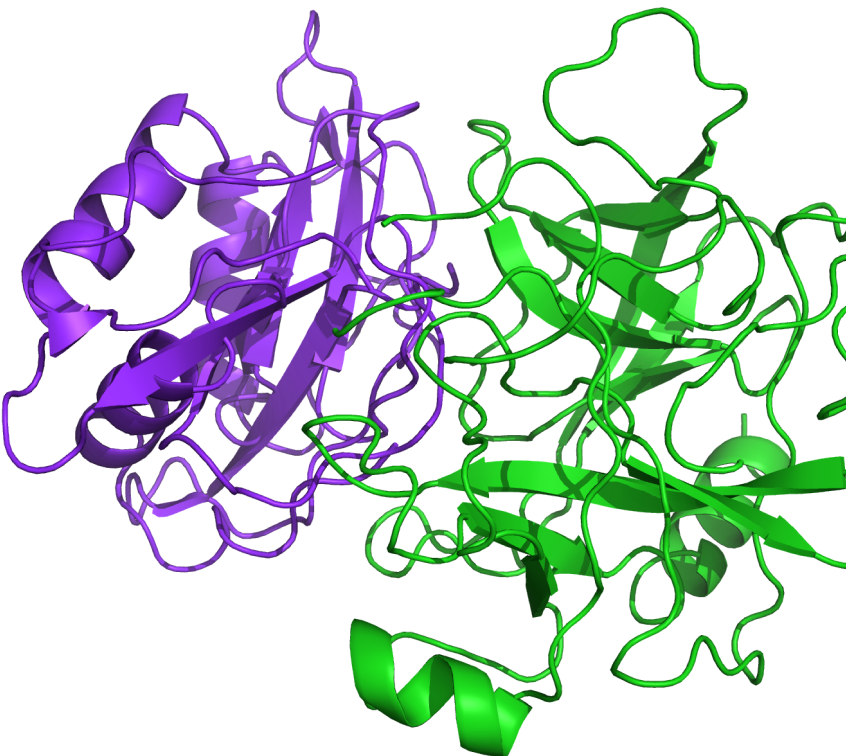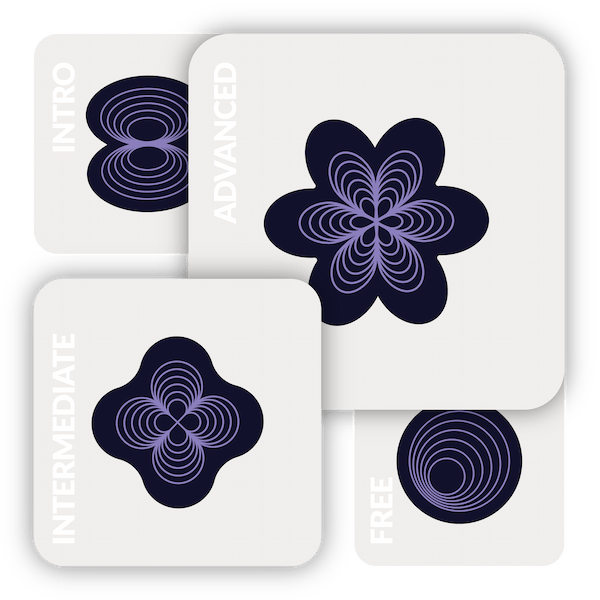Online certification courses
Level up your skillset with hands-on, online molecular modeling courses using industry-leading technology.

Level up your skillset with hands-on, online molecular modeling courses using industry-leading technology.


Protein preparation, ligand docking, collaborative design, and other fundamentals of small molecule drug discovery with Maestro and LiveDesign
Structure-based workflows for assessing and improving the developability, stability, affinity, and ‘humanness’ of antibody therapeutics with BioLuminate
Molecular and periodic quantum mechanics, all atom molecular dynamics, and coarse-grained approaches for studying active pharmaceutical ingredients and their formulations
Exploring chemical space, profiling and tailoring ligand libraries, validating docking models, and methods of enumeration for hit discovery
Running, analyzing, and troubleshooting relative binding FEP+ calculations for small molecule lead optimization
Enabling protein structures from x-ray crystallography, cryo-EM, ML-methods, and homology modeling for structure-based computational workflows
Molecular quantum mechanics and machine learning approaches for studying reactivity and mechanism at the molecular level
Acquire essential skills in next-generation virtual screening, integrating physics and machine learning for smarter hit identification
Learn how to unlock the power of movie making in PyMOL

Enrollment in a Schrödinger Online Course includes access to Schrödinger software and support.
Courses are entirely asynchronous so you can participate at your preferred pace.
Participants complete a case study at the end of each course to demonstrate mastery of the material.
Upon completion, you will receive a Schrödinger certificate and badge for your CV.
We proudly support the next generation of scientists and are committed to providing opportunities to those with limited resources. Learn about your funding options for our online certification courses as a student, post-doc, or industry scientist and enroll today!

When you complete a course with us in molecular modeling and are ready to share what you learned with your colleagues and employers, you can share your certificate and badge on your LinkedIn profile.
Pricing varies by each course and by the participant type. For students wishing to take these courses, we offer a student price of $140 for introductory courses, $290 for the Materials Science bundle, and $825 for advanced courses. For commercial participants, the course price is $545 for introductory courses and $1365 for advanced courses and bundles.
The courses run on sessions, which range from 3-6 week periods during which the course and access to software are available to participants. You can find the course session and start dates on each course page.
Once the course session begins, all lectures are asynchronous and you can view the self-paced videos, tutorials, and assignments at your convenience.
Interested participants can pay for the course by completing their registration and using the credit card portal for an instant sign up. Please note that a credit card is required as we do not accept debit cards. Additionally, we can provide a purchase order upon request, please email online-learning@schrodinger.com if you are interested in this option. If you have any questions regarding how to pay for the course, please visit our funding options page.
Schrödinger is committed to supporting students with limited resources. Schrödinger’s mission is to improve human health and quality of life by transforming the way therapeutics and materials are discovered. Schrödinger proudly supports the next generation of scientists. We have created a scholarship program that is open to full-time students or post-docs to students who can demonstrate financial need, and have a statement of support from the academic advisor. Please complete the application form if you qualify for our scholarship program!
While access to the software will end when the course closes, some of the material within the course (slides, papers, and tutorials) are available for download so that you can refer back to it after the course. Other materials, such as videos, quizzes, and access to the software, will only be available for the duration of the course.
For the duration of the course, you will have access to a web-based version of Maestro, Bioluminate, Materials Science Maestro and/or LiveDesign (depending on the course). You do not have to separately purchase access to any software. While access to the software will end when the course closes, some of the material within the course (slides, papers, and tutorials) are available for download so that you can refer back to it after the course. Other materials, such as videos, quizzes, and access to the software, will only be available for the duration of the course. Please note that Schrödinger software is only to be used for course-related purposes.
Need help obtaining funding for a Schrödinger Online Course? We proudly support the next generation of scientists and are committed to providing opportunities to those with limited resources.
Learn about your funding options for our online certification courses as a student, post-doc, or industry scientist and enroll today!
What our participants say